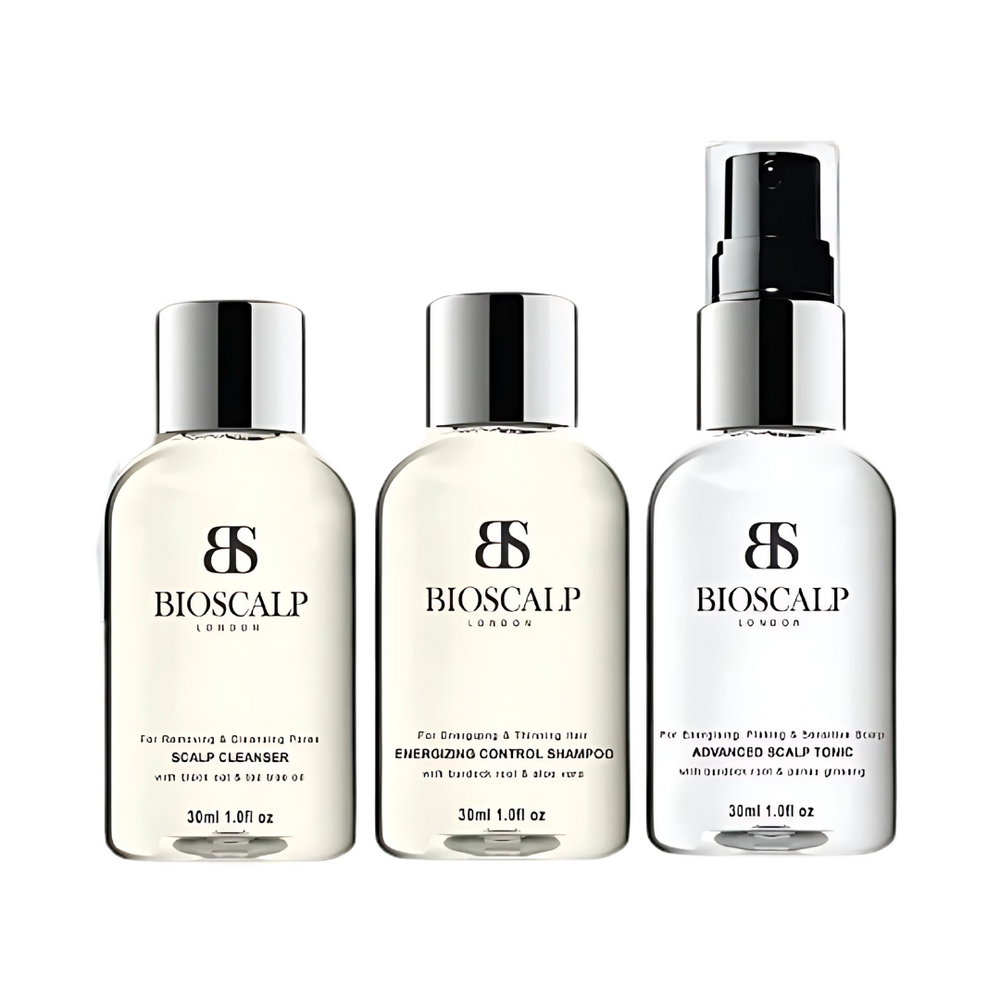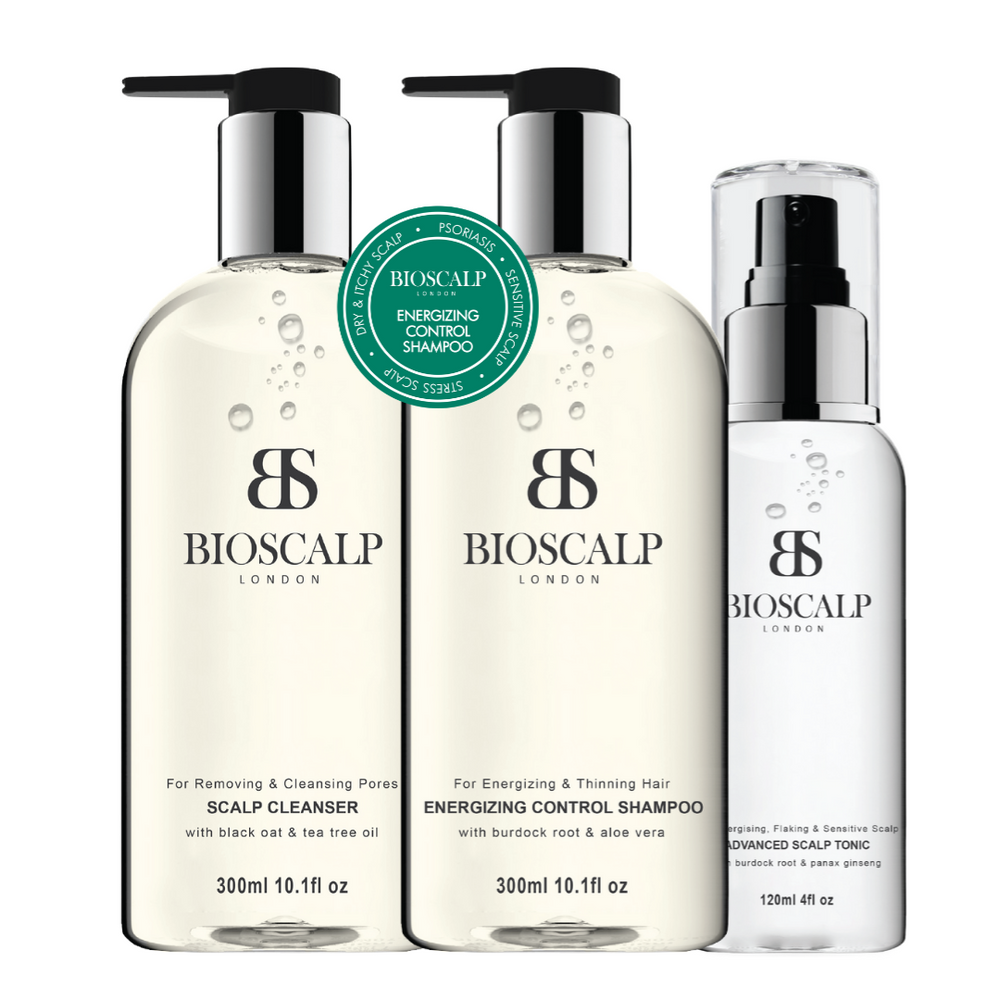Hair loss can be a distressing experience, and when it starts happening, many people turn to their diet and health for answers. One common question that arises is whether low iron levels could be the culprit. The answer is often yes—iron plays a crucial role in maintaining healthy hair, and its deficiency can lead to various forms of hair loss. Here’s an in-depth look at the connection between iron deficiency and hair health, backed by research and actionable solutions.

The Role of Iron in Hair Health
Iron is an essential nutrient that supports the production of hemoglobin, the protein in red blood cells that carries oxygen throughout the body. Hair follicles, like other tissues, depend on a steady supply of oxygen to function properly. When iron levels are low, the oxygen supply to hair follicles diminishes, impairing their ability to grow healthy hair. This can result in increased shedding, weaker strands, and overall thinning.
Types of Hair Loss Linked to Low Iron
-
Telogen Effluvium
- Telogen effluvium is one of the most common forms of hair loss associated with iron deficiency. In this condition, a significant number of hair follicles enter the resting phase prematurely, leading to noticeable shedding. This type of hair loss is often temporary and triggered by stressors like iron deficiency, illness, or sudden dietary changes.
-
Alopecia Areata
- While less directly linked, some studies suggest that individuals with alopecia areata—an autoimmune disorder causing patchy hair loss—often have lower iron levels. However, more research is needed to establish a definitive connection.
- While less directly linked, some studies suggest that individuals with alopecia areata—an autoimmune disorder causing patchy hair loss—often have lower iron levels. However, more research is needed to establish a definitive connection.
Research and Evidence
Numerous studies have highlighted the relationship between iron deficiency anemia and hair loss. For example, patients with telogen effluvium often exhibit low serum ferritin levels, a marker of the body’s iron storage. These findings suggest that maintaining adequate iron levels is crucial for preventing certain types of hair loss. While iron deficiency is not the sole cause of hair loss, it can exacerbate existing conditions or create an environment where hair follicles struggle to thrive.

Symptoms of Iron Deficiency
Low iron levels can present with symptoms beyond hair loss. Common signs include:
- Fatigue
- Pale skin
- Brittle nails
- Cold hands and feet
- Diffuse hair thinning or shedding
If you’re experiencing these symptoms alongside hair loss, it’s important to consult a healthcare professional for a proper diagnosis. A simple blood test can reveal whether iron deficiency is the root cause.
How to Address Iron Deficiency and Hair Loss
-
Revamp Your Diet
Incorporating iron-rich foods into your meals is a key step in reversing hair loss caused by low iron. Foods like red meat, shellfish, beans, spinach, and fortified cereals are excellent sources of iron. Pairing these with vitamin C-rich foods, such as oranges or bell peppers, enhances iron absorption. -
Consider Supplements
For individuals diagnosed with iron deficiency or anemia, supplements may be necessary. However, it’s essential to follow a healthcare provider’s guidance, as excessive iron intake can lead to side effects like constipation or stomach upset. -
Be Patient
The good news is that hair loss caused by iron deficiency is often reversible. Once iron levels are restored, hair follicles typically recover, leading to regrowth. However, this process can take several months, so consistency is key.

Prevention and Long-Term Care
To prevent iron-related hair loss, it’s important to maintain a balanced diet and address nutritional gaps proactively. Regular health check-ups can help identify deficiencies before they affect your hair or overall health. Additionally, managing stress and practicing good hair care habits can support healthy hair growth.
Conclusion
Iron deficiency is a well-recognized factor in hair loss, particularly in conditions like telogen effluvium. By understanding the connection between iron and hair health, individuals can take proactive steps to address deficiencies and promote regrowth. Whether through dietary changes, supplements, or professional guidance, tackling low iron levels can lead to stronger, healthier hair and a renewed sense of confidence. If you suspect iron deficiency is causing your hair loss, consult a healthcare provider to develop a personalized plan tailored to your needs.








